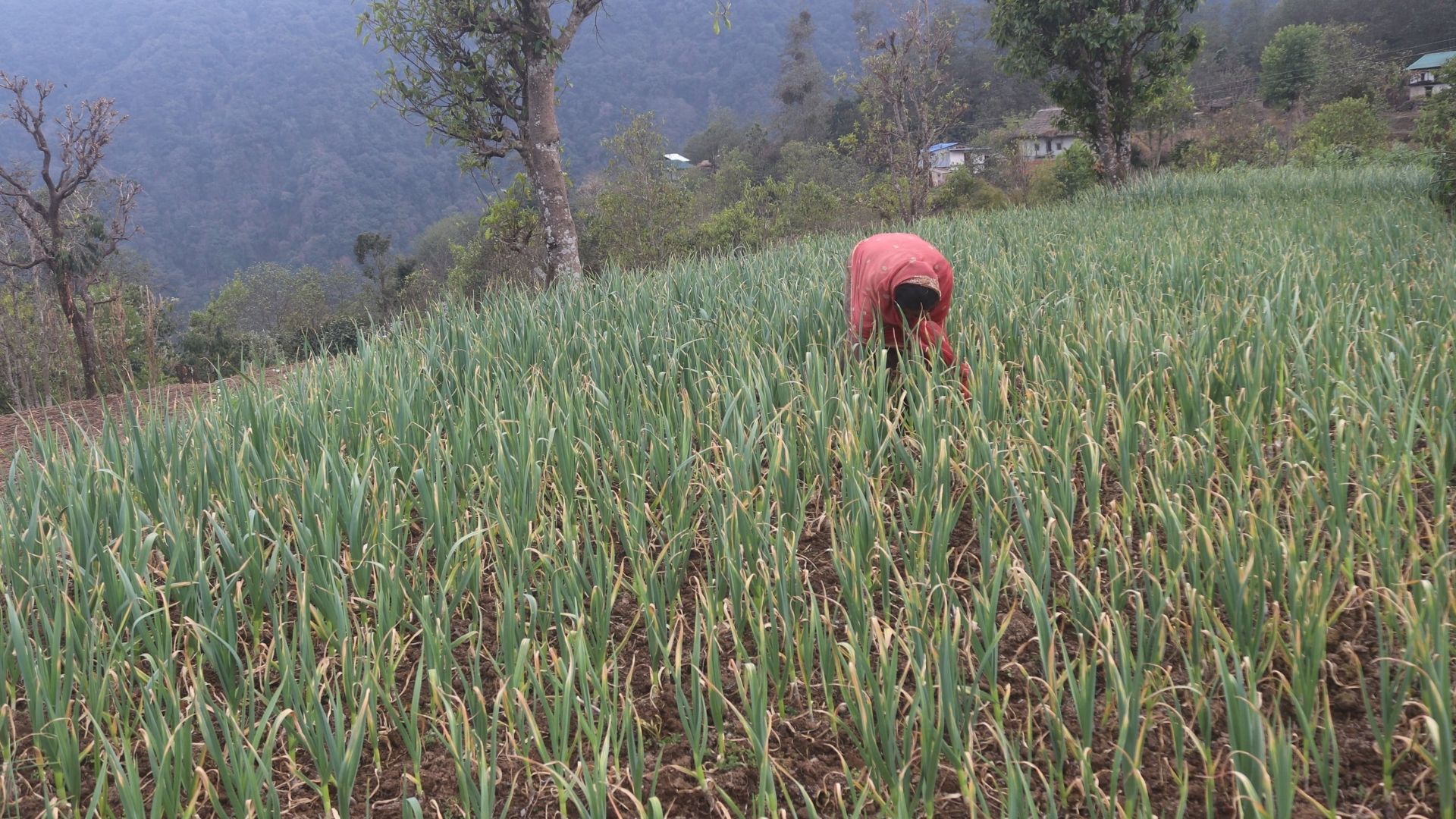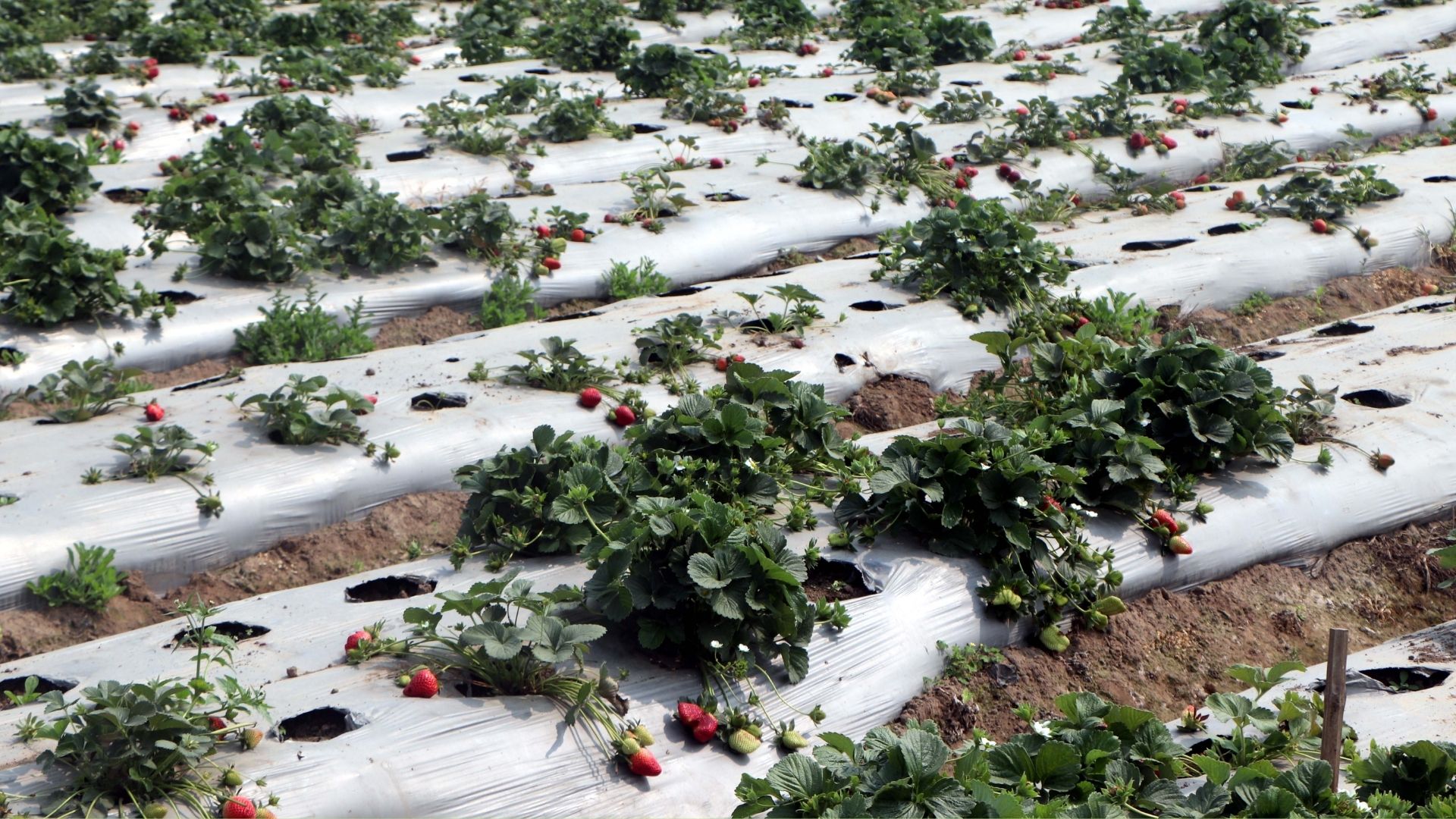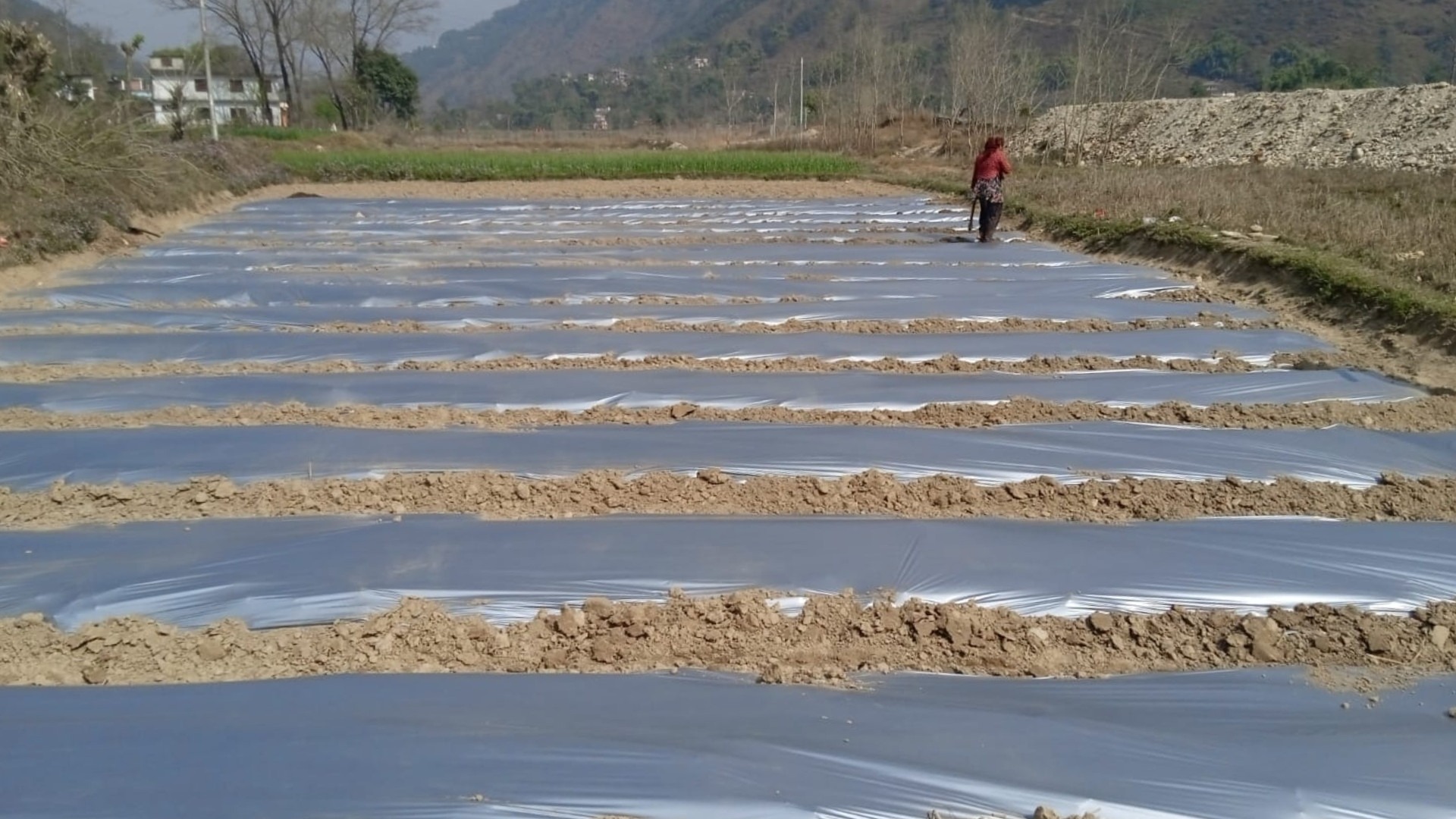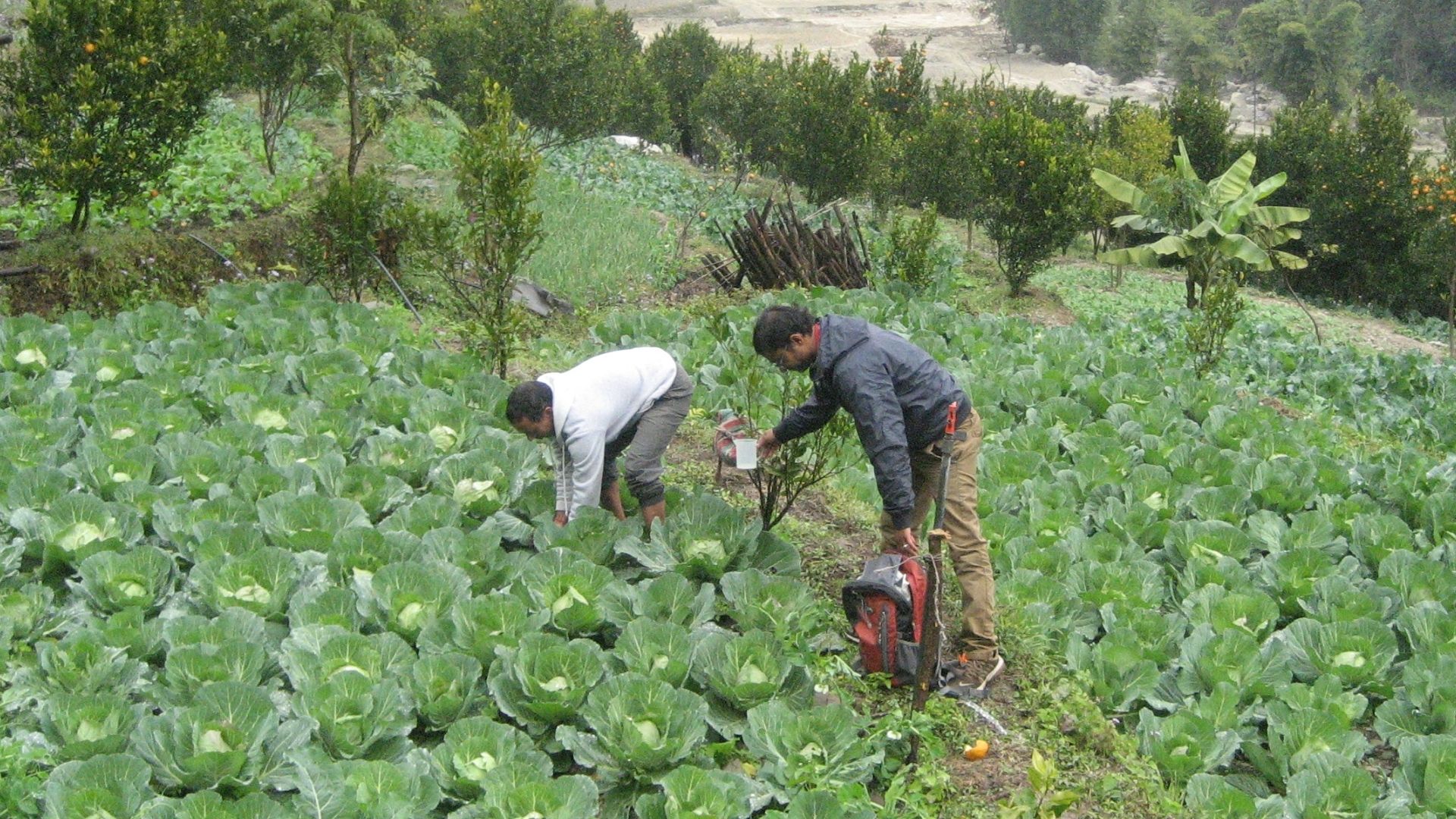With an aim to foster long-term and sustainable growth in the national economy of Nepal FITTA was enacted to promote industrialization and attract foreign investment. It provides guidelines and incentives for foreign investors and aims to create a favorable environment for foreign direct investment (FDI) in Nepal. It outlines the legal framework, procedures, and requirements for foreign investors, including provisions for repatriation of profits, dispute resolution, and protection of intellectual property rights.
→Who are foreign investors?
Foreign investors include foreign persons, firms, companies, non-resident Nepali or foreign Government or International Organizations or similar corporate entities and in case the investor is a foreign corporate investor the ultimate beneficial owner of such entity, which has invested in Nepal.
→What is foreign investment?
Foreign investment means the following investment made by a foreign investor in an industry or company:
(a) investment in shares,
(b) reinvestment of profits;
(c) lease investment;
(d) venture capital fund;
(e) investment in the secondary market (share market);
(f) investment made through technology transfer;
(g) Nepali company raising capital from a foreign capital market.
→What is the minimum amount of foreign investment?
FITTA allows foreign investment at a minimum of 20 million. There is no ceiling to be prescribed for the maximum amount of foreign investment that can be made in Nepal.
→Which industries foreign investors invest in?
Foreign investments are permitted up to 100 % except to the negative list (Industries Reserved for Domestic Investment). Permission can be granted to use foreign technology in the industries reserved for domestic investment.
→The negative list:
- Poultry farming, fisheries, bee-keeping, fruits, vegetables, oil seeds, pulse seeds, milk industry and other sectors of primary agro-production;
- Cottage and small industries;
- Personal service business (hair cutting, tailoring, driving, etc.);
- Industries manufacturing arms, ammunition, bullets and shells, gunpowder or explosives, and nuclear, biological, and chemical (N.B.C.) weapons; industries producing atomic energy and radioactive materials;
- Real estate business (excluding construction industries), retail business, internal courier service, local catering service, moneychanger, remittance service;
- Travel agency, guide involved in tourism, trekking, and mountaineering guide, rural tourism including homestay;
- Business of mass communication media (newspaper, radio, television, and online news) and motion picture of national language;
- Management, account, engineering, legal consultancy service and language training, music training, computer training; and
- Consultancy services with foreign investment of more than fifty-one percent.
















